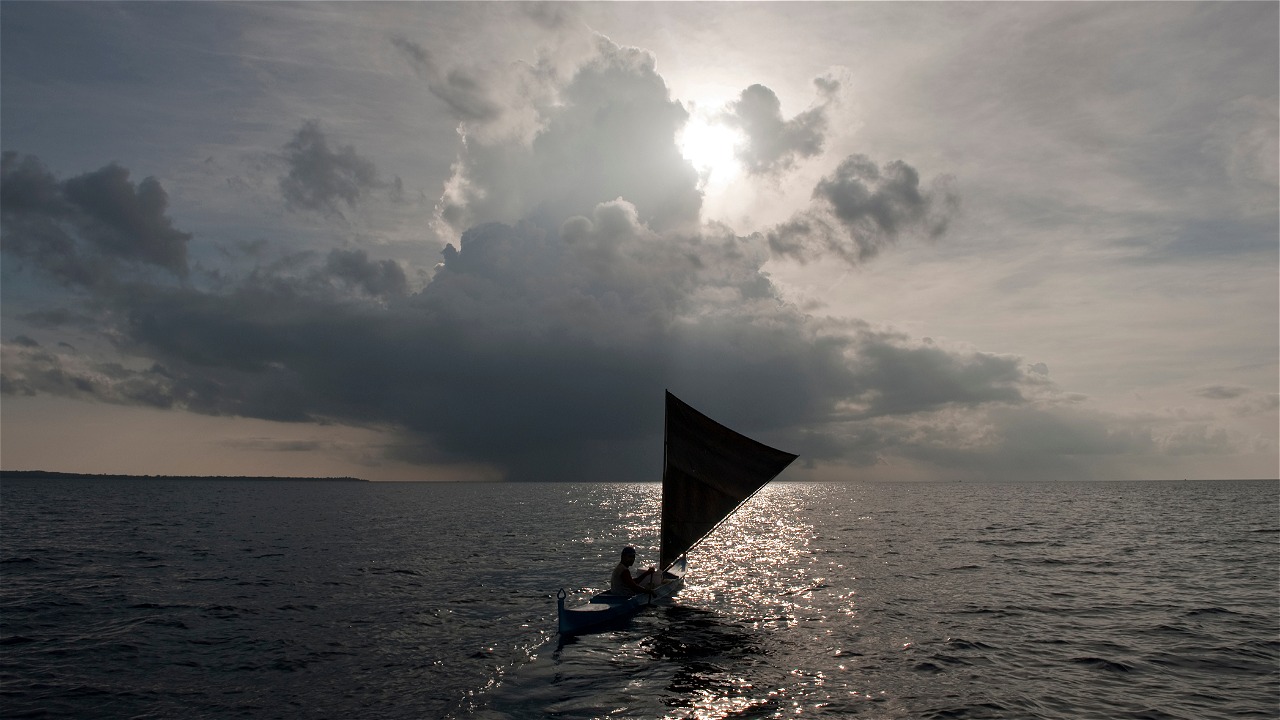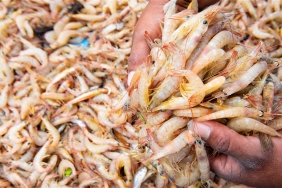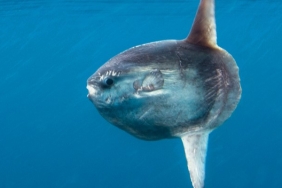HCR DATA COLLECTION TRAINING AT STP WAKATOBI CAMPUS
Author: Muhammad Yusuf (National Coordinator for Fisheries Research and Development)
Harvest Control Rule (HCR) data collection is one of the important tools in fisheries improvement management. Therefore, WWF-Indonesia in collaboration with the Education Center, Ministry of Marine Affairs and Fisheries conducted HCR Data Collection Training at the Conservation Campus of the College of Fisheries (STP) - Wakatobi on February 22-24, 2016. The HCR data collection training was attended by 20 participants, including academics from 4 universities in Kendari and Bau-bau as well as STP Wakatobi, the Department of Marine Affairs and Fisheries of Southeast Sulawesi Province and Wakatobi Regency, fisheries extension workers, NGOs, live reef fish collectors, WWF-Indonesia staff and enumerators, the Technical Implementation Unit (UPT) of the Wakatobi KP Balitbang Conservation Institute. Head of STP Wakatobi I Nyoman Suyasa and WWF-Indonesia Coral Triangle Program Director Wawan Ridwan also attended the training. In his speech on the second day of training, Mr. I Nyoman Suyasa hoped that the participants who came from various locations and agencies would not only take part in the training, but also be able to continue cooperation with STP.
The HCR training held in Wakatobi is one of WWF-Indonesia's commitments in the field of conservation. In addition, Wakatobi is the second largest national park in Indonesia after Teluk Cendrawasih National Park with an area of 1,390,000 hectares consisting of 97% sea and 3% land. Wakatobi is also home to four species of turtles, fish and coral reefs and has been designated as a national marine park since 1996. The Indonesian government itself has declared the establishment of 20 million hectares of marine protected areas by 2020 and to date there are officially 17.3 million hectares of conservation areas.
The trainees practiced data collection in the field for 2 days to gather information and data on when massive fishing began in Bajo Village, Mola Village, Wakatobi. The respondents targeted for the interview were senior fishermen who knew the early history of fishing in Mola. From the results of the fishing history interview practice, which was divided into 3 groups, information was obtained that fishing in Mola Village began around 1975-1979 for net and arrow fishing gear. Meanwhile, fish collectors began to exist since 2000.
Cooperation between WWF-Indonesia and KKP in marine conservation
While Mr. Wawan from WWF-Indonesia in his short speech on the sidelines of the training said that the training organized by WWF-Indonesia will be continued with other activities in collaboration with the Marine and Fisheries Human Resources Development Agency (BPSDM-KP). The STP Wakatobi campus, which is the result of the investment of the Ministry of Maritime Affairs and Fisheries (KKP) and the Wakatobi Regional Government, will be utilized properly as a facility for training and other Marine and Fisheries Education Center activities. Therefore, all stakeholders must spread the good viruses of sustainable fisheries management, one of which is HCR for the Ecosystem Approach to Fisheries Management (EAFM) which is a mandate from FAO.
At the closing of the training, South Eastern Sulawesi (SES) Project Leader WWF-Indonesia Sugiyanta expressed his hope that the SES region could create an information portal on fisheries and marine resource management involving all stakeholders in the region. Meanwhile, in a separate place, WWF-Indonesia's Small Islands, Partnership, and Governance Leader, M. Ridha Hakim, who handles cooperation programs with KKP, stated that the cooperation designed between KKP and WWF-Indonesia is aimed at achieving sustainable and responsible management and utilization of marine and coastal resources. This will be done through efforts to protect and manage areas that are important for marine ecosystems and ecology, the transformation of sustainable and responsible fisheries businesses, as well as the protection and management of endangered and protected marine species. To achieve this, the capacity of reliable marine and fisheries human resources is needed.
"We together with BPSDM-KP have designed a curriculum of education and training activities that are expected to be able to answer the demands for competence, knowledge and skills in the management of marine and fisheries resources in the future," explained M. Ridha Hakim.
The follow-up agreed by the participants and organizers after this HCR data collection training is that there will be another meeting forum that can convey the results of the HCR analysis. Because another challenge after knowing the Limit Reference Point (LRP) from the HCR analysis results is the Target Reference Point (TPR), which is the mechanism for regulating fishing and how long the grace period needed to restore fisheries resources.





